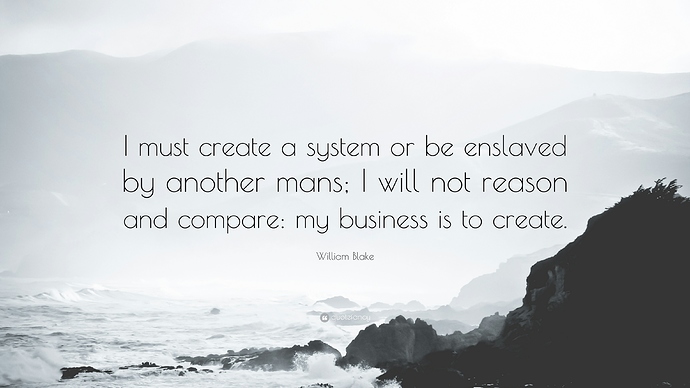First of all - thanks to everyone that’s taken the time to provide the excellent observations and feedback. I strive to keep the fun parts fun and improve on the things that didn’t work as well as they should have and roll those lessons into the next game. Game design can be a tricky balancing act, and striving for a level playing field for all players had some unexpected consequences. I’ll try and pull back the curtain a bit on why things were the way they were.
Primary design goal: All players should have a roughly equal shot at winning.
Implications:
- Hidden mechanics: prevents players that min/max from having an advantage over those that don’t.
- Indirect ability to choose opponents: prevents factions from forming and prevents those with an early lead from running away with the game. I was concerned that ‘old hands’ would be more likely to form factions with other known quantities, which would put new players lacking that social capital at a disadvantage.
- Highly obfuscated numbers: levels the playing field between number crunchers with 10 spreadsheets worth of game analysis and players that have no interest in doing that.
I think that the desired outcome was achieved with respect to a level playing field, but as several folks have rightly pointed out - the inability to directly choose an opponent meant surrendering a great deal of agency to the winds of chance. Even worse, once players were allowed to have a limited degree of choice in that process in NYC, a player’s expected outcome and the actual outcome often didn’t match up and that’s frustrating since it negates that sense of agency.
Which leads me to:
Axiom 1: Players should be able to understand the risks and rewards for any specific course of action and make an informed decision based on those risks and rewards. The result should feel like a natural outcome of that decision.
This is no surprise and has been pointed out in previous games.
Design goal: The game should support highly-involved players as well as less-involved players
Implications:
- No ability to negotiate opponents: If all players are able to actively pair themselves with an opponent, someone that drops in on Monday to submit orders and doesn’t read the forums until the next turn is released puts the game schedule at risk.
Even with two highly-involved players, round 9 was a mess. The process of receiving input from two players was highly asynchronous even before my own scheduling woes. Although I was trying to create a ‘segmented round’ similar to the final round of Scavengers, it really did not work here.
I’d love suggestions for what a solution to this problem might look like. How does one allow 27 players to negotiate opponents among themselves in such a way that supports less-involved players while not demanding hours of GM time?
Design goal: The game should require less GM time the longer the game runs.
Implications:
- Single-elimination tournament: Once the training wheels are off after the first two turns, the amount of effort to compute the turn, update internal spreadsheets, create forum postings, etc. should be cut in half every week.
Purely selfish design decision on my part, based on my end-of-year time requirements in the real world which worked as designed. As several folks have rightly pointed out, the elimination of players results not only in the loss of delightful and interesting character concepts, but also the game running out of steam the closer it gets to the end as the active player pool gets smaller and smaller. The Necktie lounge did a great job of keeping folks involved in a way that the internal soul threads did not. More on that later.
So although the choices were successful in doing what they intended, I think the game would have been better if players had some mechanism to select opponents. Furthermore, changing the mechanism for opponent selection mid-game in a environment with lots of obfuscated mechanisms was not the best idea.
More specific discussion to come when I have a bit more time.



